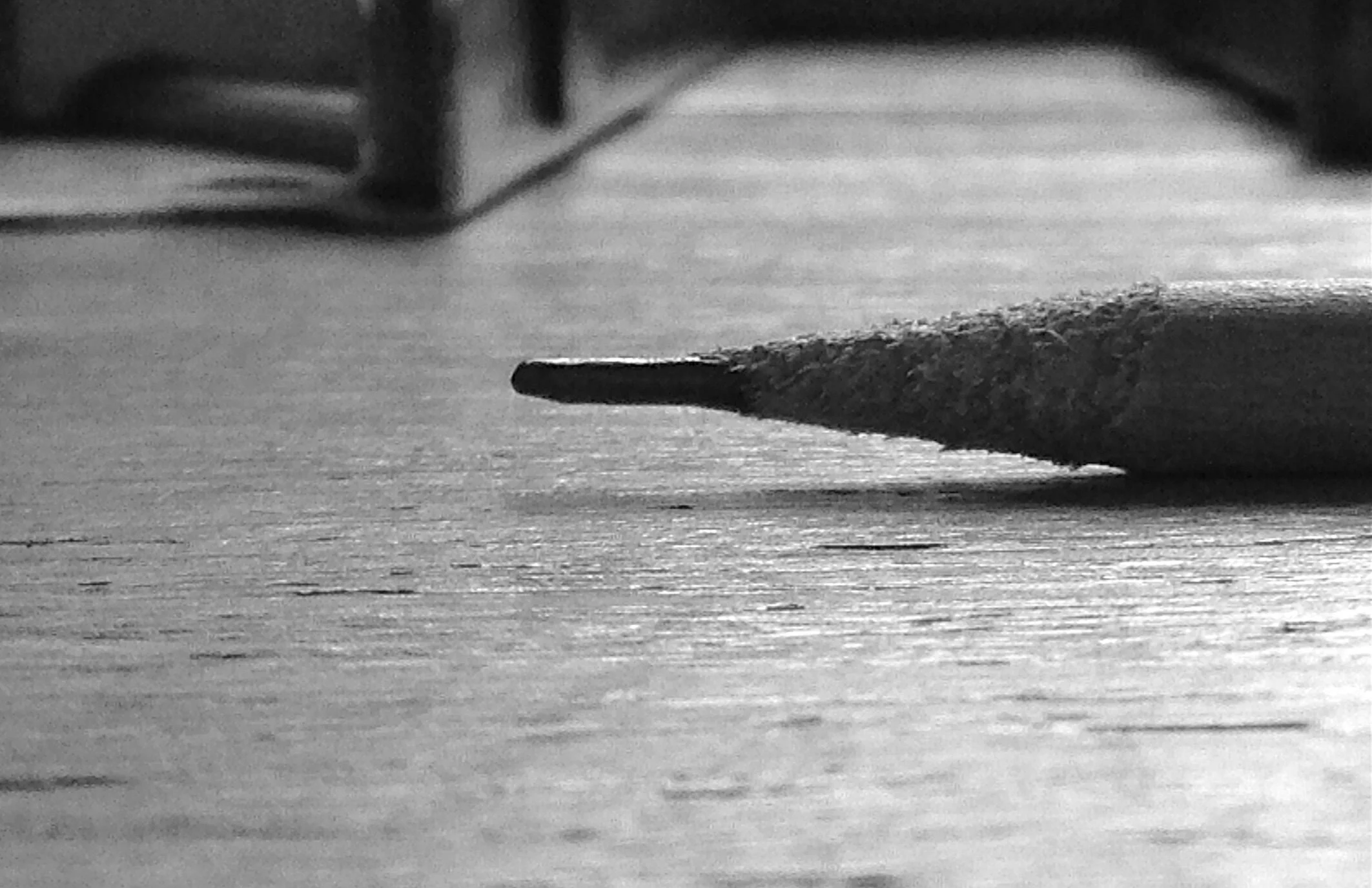Quiz Show
/I'm happy that you've made the statement. But I cannot agree with most of my colleagues. See, I don't think an adult of your intelligence should be commended for simply, at long last, telling the truth
~ Congressman Derounian
quick fox: A- | Copper
winding dragon
Imagine if somebody told you that everything you know about Jeopardy! is a lie. All the contestants know the clues beforehand, the producers choose the winners, and Alex Trebek is just green-screened into all those locations he visits. I would think it was absurd—except it’s already happened.
Congressional hearings during the late 1950s discovered that television producers had rigged many popular game/quiz shows. The most infamous case being the investigation into Twenty One, a quiz show that asked contestants a series of questions. The first to 21 points would be crowned the victor with a chance to return the next episode to defend their title. The aftermath resulted in a long period of distrust in game shows, and destroyed several people’s lives, particularly the contestants involved.
Robert Redford dramatizes the event in his prestige picture, Quiz Show (1994). The film opens with Herb Stempel (John Turturro) as the reigning champion of Twenty One, but due to concerns over television ratings, the producers decide to tell Herb to throw the game. To replace Herb, the producers choose Charles Van Doren (Ralph Fiennes), the son of a famous Pulitzer-winning writer and professor at Columbia University. Following his fixed loss, Herb goes on a campaign to take down the game show, attempting to place a legal suit against the company. This catches the attention of Dick Goodwin (Rob Morrow), an enthusiastic Congressional lawyer, who makes it his mission to unmask the secrets of Twenty-One.
I think 1994 is a brilliant year for cinema, seeing the release of classic movies like Forrest Gump, Pulp Fiction, and The Lion King. I’m not sure I’m ready to place Quiz Show up with those masterpieces, but it is definitely a wonderfully crafted film. However, I do feel as though it can sometimes try to be too clever. The movie’s biggest weakness is that it tries to do too much with making a thematic statement about everything and anything. Just off the top of my head, some of the crucial themes are: television as entertainment vs. reality; legacy of the father passed to the sun; money as a sign of wealth, power, and position; government control over public venues; the destructiveness of capitalism on the individual; Jews as social outcasts and proverbial “whipping boy”; celebrity status delineating autonomy; and the value of truth if truth harms the majority.
Basically, what I’m getting it is that Quiz Show is a heavy, philosophical piece. Most of the time, the film does an excellent job in paring out each individual theme and focusing on a single element, but sometimes scenes lack a concrete objective.
The one element that Quiz Show always does well is forcing the audience to consider their own role in this historical moment. It relishes in every opportunity to make the audience feel uncomfortable about living complacent lives, and despairs in the politicization of public media. All the characters are consumed with appeasing to a society that glorifies celebrities and groups people into “winners” and “losers.” Herb Stempel despairs at having the spotlight stolen from him, while Charles Van Doren feeds off of the world’s stage he is thrust into. The biggest, and in my opinion most important, exploration Quiz Show reveals is that there is a direct correlation between the society that we perpetuate and the culture that the media industry reflects.
I’m not going to pretend that everyone will be as enthralled with Quiz Show as I was. It’s a film made for nerdy history buffs, as it focuses on an incident that occurred 60 years ago that has largely been forgotten by the general public. But the effects of the Quiz Show Scandal of the ’50s are still felt today, and Robert Redford’s production beautifully demonstrates the reasons why.
